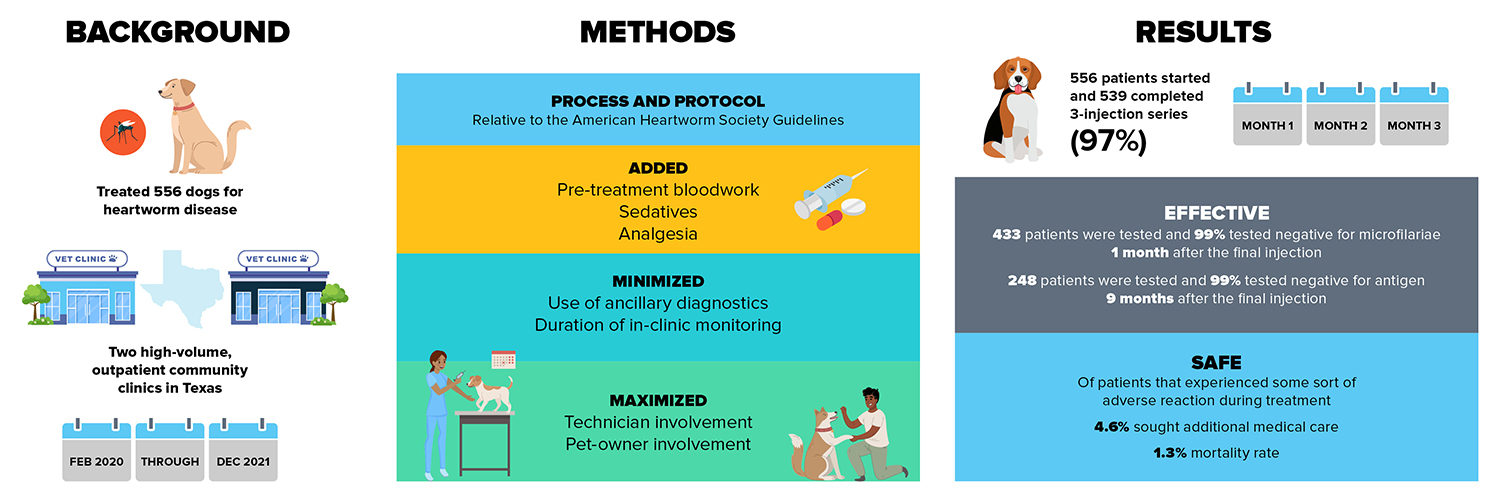
There is a national gap in access to veterinary care that affects almost 60 million pets and their families, leaving them without access to the medical care they need. Closing this gap requires strong collaboration among organizations and individuals within the Access to Veterinary Care field. Due to the recent emergence of this field, there is not yet a strong base of credible research to guide practitioners and policy makers in implementing proven strategies to close the gap effectively. Developing a robust foundation of research and fostering collaborative efforts over an extended period are critical for improving access for these families.
That’s where we can help. In 2019, Emancipet began a formal research initiative with the goal of helping to build the evidence base for the Access to Veterinary Care field. Our aim is to not only improve practices within our own network of clinics but also to work with others to share findings that benefit the field more broadly.


We’re thrilled to share Emancipet’s debut peer-reviewed research publication, now available in the scientific journal Parasites and Vectors at no cost.
With heartworm disease in dogs on the rise nationwide, many families find it challenging to afford this lifesaving treatment. In response, Emancipet has developed a specialized heartworm treatment protocol for high-volume outpatient clinics. Our collaborative study with the ASPCA demonstrates that implementing these protocols enables veterinary care providers to offer more affordable outpatient heartworm treatment, ensuring safety and effectiveness while expanding access for more pet owners.
October 16, 2023
We’re dedicated to increasing access to veterinary care, redefining who receives it and how it’s delivered. Interested in collaborating? Reach out! Let’s work together to make veterinary care accessible for everyone.

Mobile Clinics
Our mobile veterinary clinics offer first-come, first-served care in Central Texas.